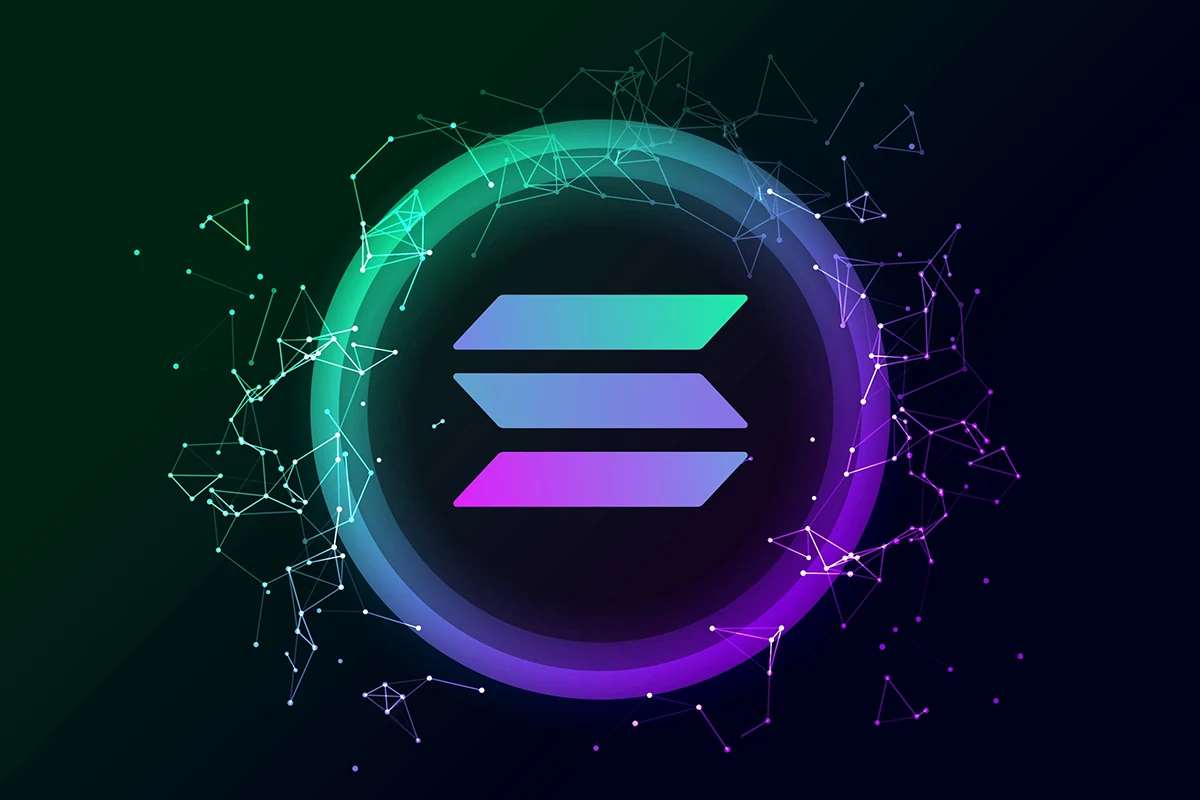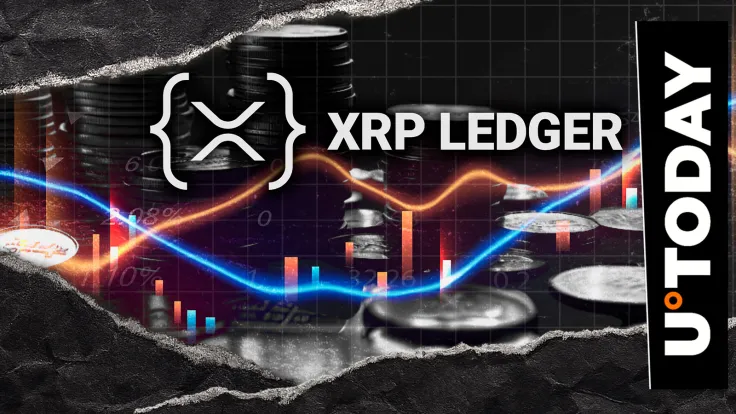On November 12, Apple (NASDAQ: AAPL) announced Digital ID—a revolutionary way for users to create a verified digital identity in their Apple Wallets.
For now, this will be available to U.S. citizens and will be accepted at TSA checkpoints across 250 airports for in-person identity verification. This policy will only apply to domestic travel within the United States.
“Since introducing the ability to add a driver’s license or state ID to Apple Wallet in 2022, we’ve seen how much users love having their ID right on their devices. Digital IDs bring this secure and convenient option to even more users across the country, as they can now add an ID to Wallet using information from their U.S. passport.” – Jennifer Bailey, Apple Pay Vice President
To use Digital ID, users will be required to add a valid U.S. passport or driver’s license to their Apple Wallet before undergoing biometric verification. Photographs of the ID, selfies, and facial recognition checks will be carried out before verification is completed.
Digital ID is coming quickly
Apple is not the only corporation now collecting highly sensitive information to enable digital IDs. Over the past few years, Sam Altman’s Worldcoin has repeatedly made global headlines for offering digital coins and a Worldcoin ID in exchange for biometric data. Worldcoin offices were raided and shut down by authorities worldwide as they learned of this plan.
Yet, while corporations are entitled to offer services that their customers may voluntarily avail of, there is also a concerning push for digital IDs by governments worldwide. The EU is rolling out eIDAS 2.0, which includes mandatory digital wallets, and the U.K. government has recently announced plans for a National Digital ID.
While many of the current problems in the world, from identity theft to illegal migration, could be addressed in part by digital IDs, humanity should pause before allowing governments to make them mandatory, and we should pause twice before handing biometric data to private corporations whose only goal is to maximize profits for shareholders.
Back to the top ↑
The implications for privacy and liberty
While most would agree that government-mandated digital IDs are more concerning than services offered to willing customers, both have implications for privacy and liberty.
As history shows us, these things tend to start with a few willing participants and then become so ubiquitous that life becomes practically impossible without widespread adoption. Smartphones are a perfect example of this—many resisted them, but nowadays it’s difficult to engage in daily life without them.
How many of us would wish to live in a world where we cannot enter buildings like schools or libraries, can’t travel abroad, and can’t engage in commerce without a digital ID? As governments clamp down on cash transactions and roll out central bank digital currencies (CBDCs), it’s not difficult to imagine a world 10-20 years from now in which everything we do is logged in a database. Everything we buy or sell is known and understood by governments and large corporations armed with AI-powered analytics.
Some would argue we already live in that world; after all, most of us carry smartphones with apps owned by Google (NASDAQL: GOOGL) and Meta (NASDAQ: META), which track our locations, listen to keystrokes and even conversations to pick up data points, and cash is fast-becoming a relic of the past in some places.
Still, a cursory examination of authoritarian governments in history or recent data breaches and privacy violations should convince anyone that, whatever scraps of control and privacy we can carve out, we should do so.
Back to the top ↑
Digital IDs should live on a scalable public blockchain
It seems that the march toward digital IDs is unstoppable. Since the trend appears to have gained momentum of its own, we should start considering how to develop a system that protects privacy and liberty, rather than abandoning digital IDs as a concept.
Scalable public blockchains are part of the answer. The main fears people have regarding digital IDs and currencies are linked to who controls the databases on which the IDs and related data reside. Whether it’s governments, corporations, or both, data harvesting and control of this magnitude is ripe for abuse.
But what if we issued digital IDs as tokens on public blockchains, such as BSV? These distributed databases aren’t controlled by any single party, and therefore, the freezing, deletion, blocking of entry, and leaking of biometric and private data that many people fear are not possible. On blockchains, miners maintain the state of the ledger by consensus, and no single entity can make alterations.
This addresses two problems:
First, the photographic and biometric data needed to issue digital IDs won’t be stored on centralized servers, which are often targets for hackers. Instead, it may live on decentralized overlay networks and nodes that link back to unique non-fungible tokens (NFTs) on the blockchain.
Second, with no single party able to alter the database without consensus, abuses of power would be neutralized. For example, if the Iranian citizens had a blockchain-based ID and their government in Tehran wanted to delete them, freeze them, or make it impossible for them to transact, they wouldn’t be able to.
But blockchain-based digital IDs offer even more advantages. When combined with technology like zero-knowledge proofs, it becomes possible for individuals to prove things about themselves, such as their name or date of birth, without revealing anything else about themselves. In this way, blockchain-based digital IDs would be privacy-enhancing.
Back to the top ↑
The race for the future is on
There’s much work to be done before blockchain-based digital IDs can become a reality. Blockchains must scale with tiny fees, necessary token and identity protocols must be built, and certificate-issuing authorities like governments, universities, and private-sector parties like Apple must be educated and onboarded.
Blockchains can create a win-win scenario whereby governments obtain the digital IDs they desire, corporations like Apple can offer the services they wish to, and individuals can benefit from both while protecting and even enhancing their privacy.
It’s all about who controls the data, and on blockchains, the answer is nobody. However, the clock is ticking, and we need to get moving before Sam Altman, Tim Cook, and Uncle Sam own and control it all.
Back to the top ↑
Watch: What can organizations do to get on the Web3 & digital identity bus? | Joanna Drake
Source: https://coingeek.com/apple-introduces-digital-id-why-it-should-live-on-blockchain/


